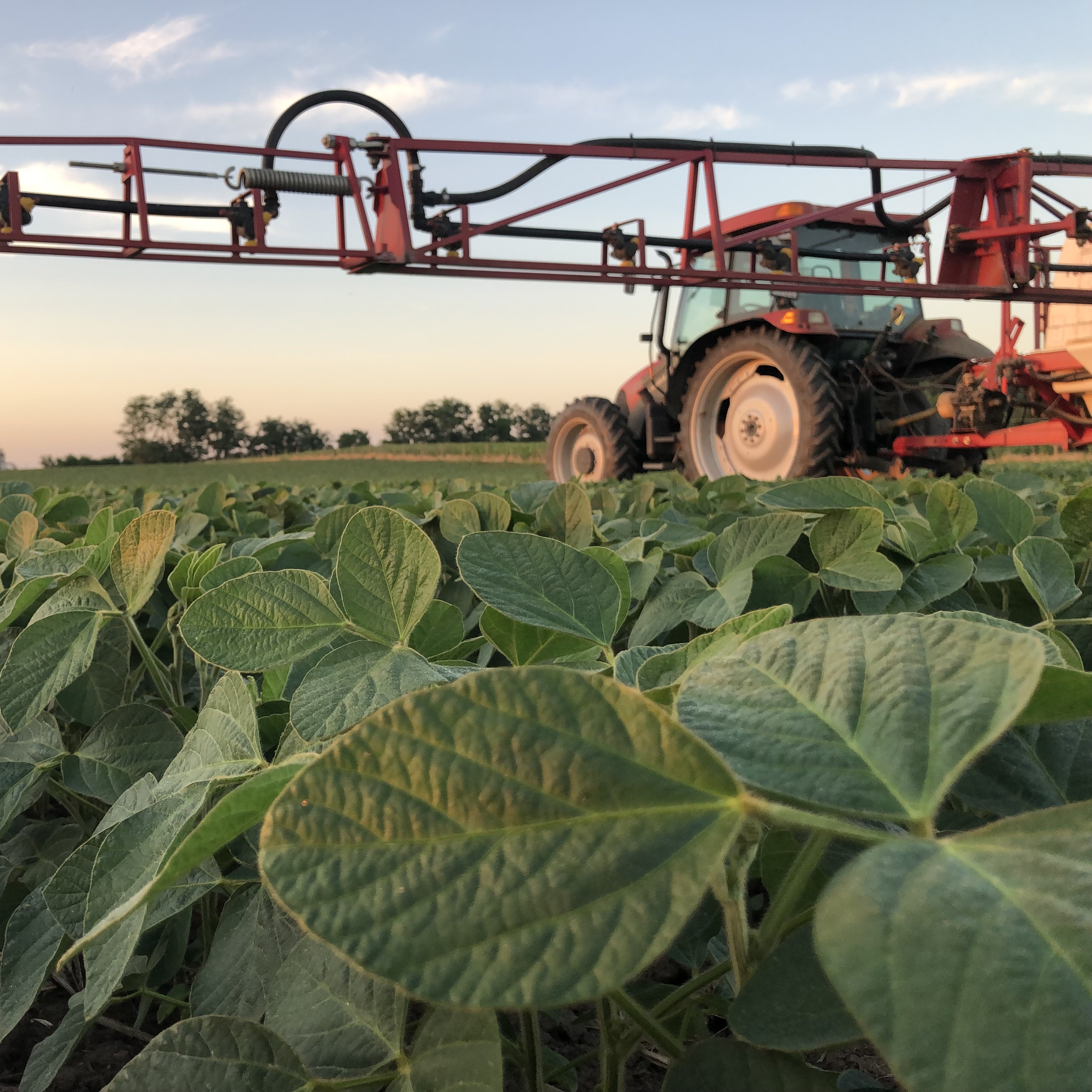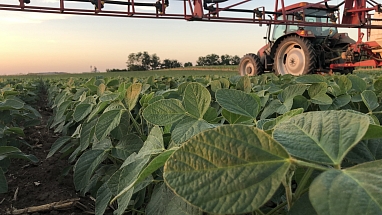Without food safety, there is no food security. Yet, ensuring safe food is harder and more complex than ever before. Due to changes in the external environment, including through climate change, food safety risks that have impacted the global food supply chain for many years are evolving and multiplying, with new challenges and hazards emerging at an unprecedented rate.
In 2021, close to 193 million people were acutely food insecure – meaning, without access to safe, sufficient food, and in need of urgent assistance, across 53 countries or territories. That’s an increase of nearly 40 million people compared to the previous high reached in 20201. The number continues to grow.
Why we must collaborate to ensure safe food for all
As a global manufacturer, we believe Mars has a responsibility to act. We also know it is not possible to effectively address these global challenges on our own. That’s why we work hard with partners to drive awareness, exchange knowledge and insights, and foster collaboration across the global food supply chain. It’s also why in December 2021, we renewed our partnership with the World Food Programme (WFP). We have seen the lasting difference that partnerships can make to strengthen the global food supply chain. By working together, we believe we can help improve food safety, reduce food waste and save lives.
A call for collaboration
Since 2015, Mars and WFP - the world’s largest humanitarian organization – have joined together to help ensure that vulnerable communities around the world have access to safe and nutritious food. Through the partnership, Mars and WFP have worked together to strengthen food safety systems, help reduce risk for people receiving food assistance, prevent food safety incidents, and provide food safety training to smallholder farmers – improving resilience across the supply chain.
Through an exchange of insights, guidance and expertise, millions of people have benefitted from the impact of this partnership, from families affected by food shortages during the COVID-19 pandemic and other emergencies, to farmers, and children in vulnerable communities who receive school meals.















